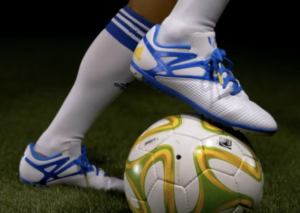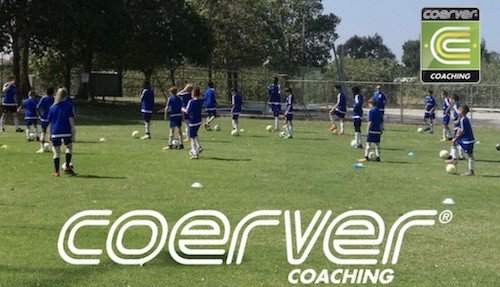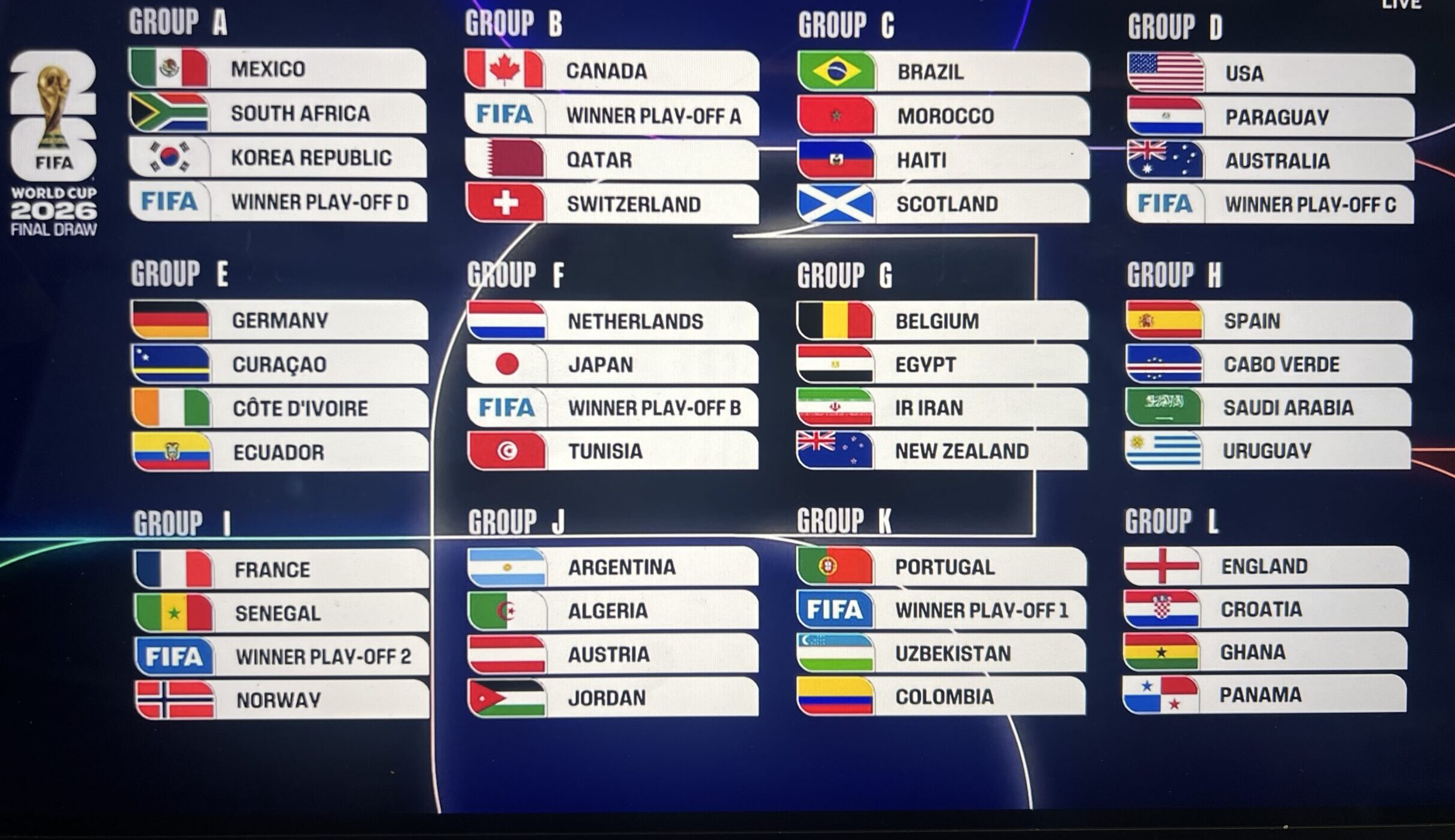Stay in the game. Get into the soccer game. Make an impact but don’t force it. Let the game come to you to an extent. There’s a reason that Lionel Messi walks sometimes while he’s playing in a game.
Everyone has those soccer games where they’re struggling or things just don’t seem to be going right. You’re just not at your best and in a bit of a funk. How do you get out of that and get into the soccer game?
Let’s look at some ways to break out of a slump and get involved in the soccer game.
Now you don’t want to try to over do it when you’re having a bad game – dribble too much or feel like everything depends upon you. No, you want to get into the game and have an impact but at the right moments.
1. Ask for the ball all the time. Put yourself in a position to receive the ball. Show that you want the ball and are there to help your team. This keeps you in the game and on your toes. When you get the ball keep it simple – one and two touch.
2. Get the ball and give it. Try making a pass with the intention of getting it back. Seek out the ball and than play a few simple passes just so you get some touches on the ball. Spread the ball around and find the open player. Pass and move.
3. Take people on. Dribble at people and go by them and take a shot or lay the ball off to a teammate at the last minute. Be active, not passive. Don’t dribble in your defensive third but wait until you have a defender isolated and there’s space behind the defender. Put yourself in a position to dribble at someone. This gets us to our next tip below.
4. Make a dangerous run. If you make a diagonal run across the field and into the attacking third it forces the defense to watch you and opens up areas for your teammates. And if you’re open, and get the ball, you have the space and freedom to try something, since your in the attacking third.
5. Get stuck in. If you’re not playing well, and feel like an outsider and not involved in the play, make a touch tackle and win the ball.
6. Don’t take criticism personally. Consider whether someone’s advice or feedback could help you improve your game. They’re usually just trying to motivate you.
7. Play with emotion. Try to pump up your team and get them going by encouraging them. And then sometimes you have to yell and scream and get into the game that way. Don’t get a yellow or red card, but maybe even get upset at the referee or the linesman.
A great example of playing with emotion is Robbie Keane of Tottenham Hotspurs and Ireland. He does cartwheels after scoring, but moreover, he just shows so much exuberance and emotion that it is undoubtedly contagious to his teammates. Without glorifying himself, he expresses that he’s just purely happy with scoring and helping his team. He’s clearly having fun and that’s inspiring to both his fans and his team.
Another emotional player is Ronaldo of Real Madrid and Brazil. He always has a new celebration after scoring, whether it’s a dance or a gesture, and a huge smile on his face. He’s another player who has fun while playing and scoring and inspires his teammates.
A great player who plays with passion and desire is Roy Keane. He is a force to be reckoned with, demanding the best from his teammates by giving his best. He’s always consistently playing hard. He has calmed somewhat over the years, shifting his focus from reckless tackles and onto tough play and sharp passes.
There’s also of course Ronaldinho, the Barcelona genius. Who is perpetually smiling and plays with joy. Quote from Ronaldinho: “I have the chance to do for a living what I like the most in life, and that’s playing football. I can make people happy and enjoy myself at the same time.”
No matter how much you express your joy in the game, however, it’s important to stick up for your teammates. If one of your players receives a touch challenge or tackle, you owe it to that player to be there when he or she is taken down – rush over to the play to stand up for your player.
The United State national team has seen this recently with other teams going after Christian Pulisic, fouling him and even punching or hitting him off the ball. While the referee has to stop this, it’s important that Pulisic’s teammates standup for him and are there to protect him, too.
And, if there’s a chance to make a fair but tough tackle on that player later in the game, you take that chance. As a team, you need to support one another and players need to know that they have such support. That’s why a player like Roy Keane is great. He’s always there for his team and has a strong personality on the field.
Finally, while it’s important to want the ball and be active on the field offering supporting, it’s what you do when you don’t have the ball that’s just as crucial:
“When you play a match, it is statistically proven that players actually have the ball 3 minutes on average … So, the most important thing is: what do you do during those 87 minutes when you do not have the ball. That is what determines wether you’re a good soccer player or not.” – Johan Cruyff
Raise Your Soccer Game – Learn More:















